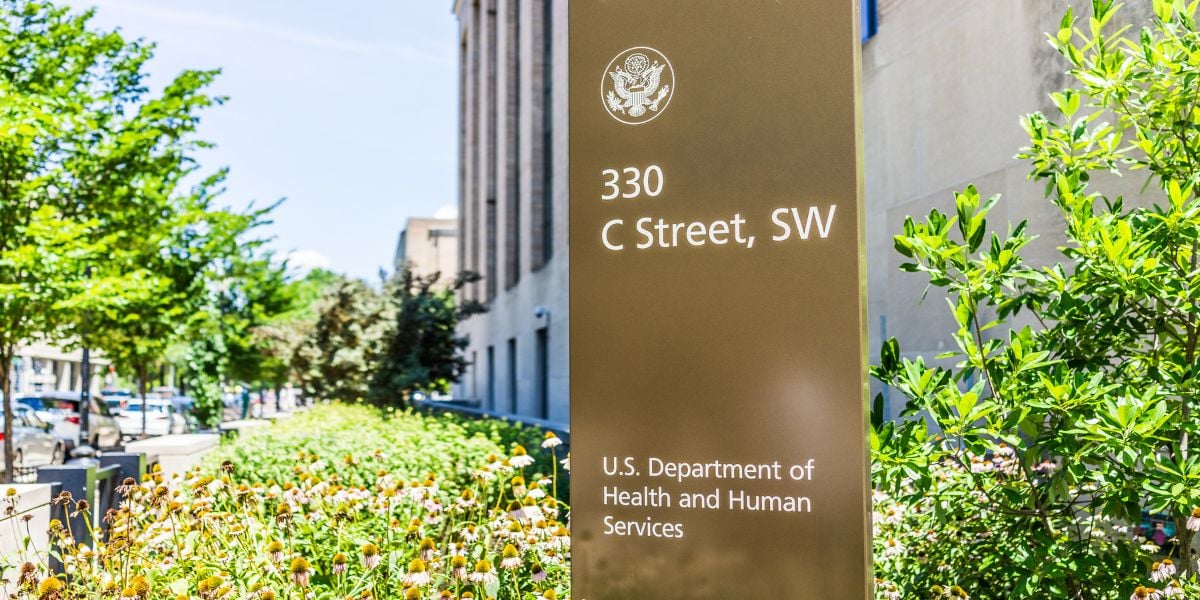
Posting on social media itself is not a HIPAA violation. However, if your posts include protected health information (PHI) such as patient names, photos, medical conditions, or treatment details, sharing that information without the patient's explicit consent can constitute a HIPAA violation.
Understanding PHI
According to the HHS, "The Privacy Rule protects all "individually identifiable health information" held or transmitted by a covered entity or its business associate, in any form or media, whether electronic, paper, or oral. The Privacy Rule calls this information "protected health information (PHI)." PHI includes any identifiable health information, such as names, medical conditions, treatment details, or any data that could link an individual to their health history. This information is considered sensitive and must be protected to ensure patient privacy and confidentiality.
Related: What is protected health information (PHI)?
Who is subject to HIPAA?
HIPAA regulations govern covered entities like healthcare providers, health plans, and healthcare clearinghouses. These entities are legally obligated to safeguard PHI and adhere to strict HIPAA compliance standards. However, all individuals who access PHI as part of their job duties, such as healthcare professionals and employees of covered entities, must also adhere to HIPAA regulations. That extends to their actions on social media platforms.
Related: Who needs to be HIPAA compliant?
Posting on social media
Posting on social media itself is not inherently a HIPAA violation. What matters most is the content of those posts and how it relates to patient privacy. The American Hospital Associate's social media policy states, "AHA recognizes the importance of maintaining the confidentiality of an individual’s personal and medical data and we will not include, reference or reveal such personal data in dialogue on our Social Media sites. We expect participants in the dialogue on our Social Media sites to similarly respect confidentiality and to refrain from including, referring to or revealing individuals’ personal or medical data."
Why the content of your social media posts matters
If your social media posts include PHI, such as revealing a patient's name, sharing their photos, disclosing medical conditions, or providing treatment details without the patient's explicit consent, it could be considered a HIPAA violation. Even if you don't explicitly mention the patient's name but provide enough information that could lead to their identification, you may still be violating HIPAA.
Consent and de-identification
HIPAA allows for the sharing of PHI with patient consent. If a patient has given you their explicit consent to share their PHI on social media, and you do so within the boundaries specified in the consent, it would not be a HIPAA violation.
Additionally, de-identified healthcare information makes it impossible to link it to an individual and is not subject to HIPAA restrictions. De-identification involves removing or altering elements such as names, dates of birth, and other identifying details to ensure that the information remains anonymous.
Privacy settings
Privacy settings on social media platforms determine who can see your posts. Remember that even with strict privacy settings, there is still a risk of unauthorized individuals gaining access to your content. Therefore, always be cautious about what you share, especially concerning PHI.
It's advisable to review and adjust your privacy settings regularly and be mindful of any changes in platform policies that may affect your privacy controls. Additionally, avoid accepting friend requests or connections from individuals you do not know personally, as this can increase the risk of unauthorized access.
How to avoid HIPAA violations on social media
- Obtain consent: Obtain written consent from patients before sharing any PHI on social media. Clearly specify what information will be shared, where it will be shared, and for what purpose.
- Mind your content: Be mindful of what you post, ensuring that no identifiable patient information is disclosed. Avoid mentioning patient names, sharing specific treatment details, or posting images without consent.
- De-identification: If sharing healthcare information, ensure it has been de-identified to protect patient privacy.
- Regularly review privacy settings: Regularly review and adjust your social media privacy settings to maximize control over who can access your content.
- Educate and train: Healthcare professionals and employees should receive training on HIPAA regulations and the responsible use of social media in healthcare settings.
Related: How to stay HIPAA compliant on social media
FAQs
Can healthcare organizations use social media to share patient success stories or testimonials?
Healthcare organizations can share patient success stories or testimonials on social media with patient consent. Ensure that the information shared is de-identified to protect patient privacy. That involves removing or altering details that could identify the patient.
Is de-identified healthcare information subject to HIPAA restrictions?
De-identified healthcare information that cannot be linked to an individual is not subject to HIPAA restrictions. Healthcare professionals should ensure that any information shared on social media has been properly de-identified to protect patient confidentiality.
Can healthcare professionals respond to patient inquiries or comments on social media without violating HIPAA?
Healthcare professionals can respond to general inquiries or comments on social media if they do not disclose any patient-specific information. Responses should be general and avoid discussing individual cases or revealing PHI, even inadvertently.
Subscribe to Paubox Weekly
Every Friday we'll bring you the most important news from Paubox. Our aim is to make you smarter, faster.




